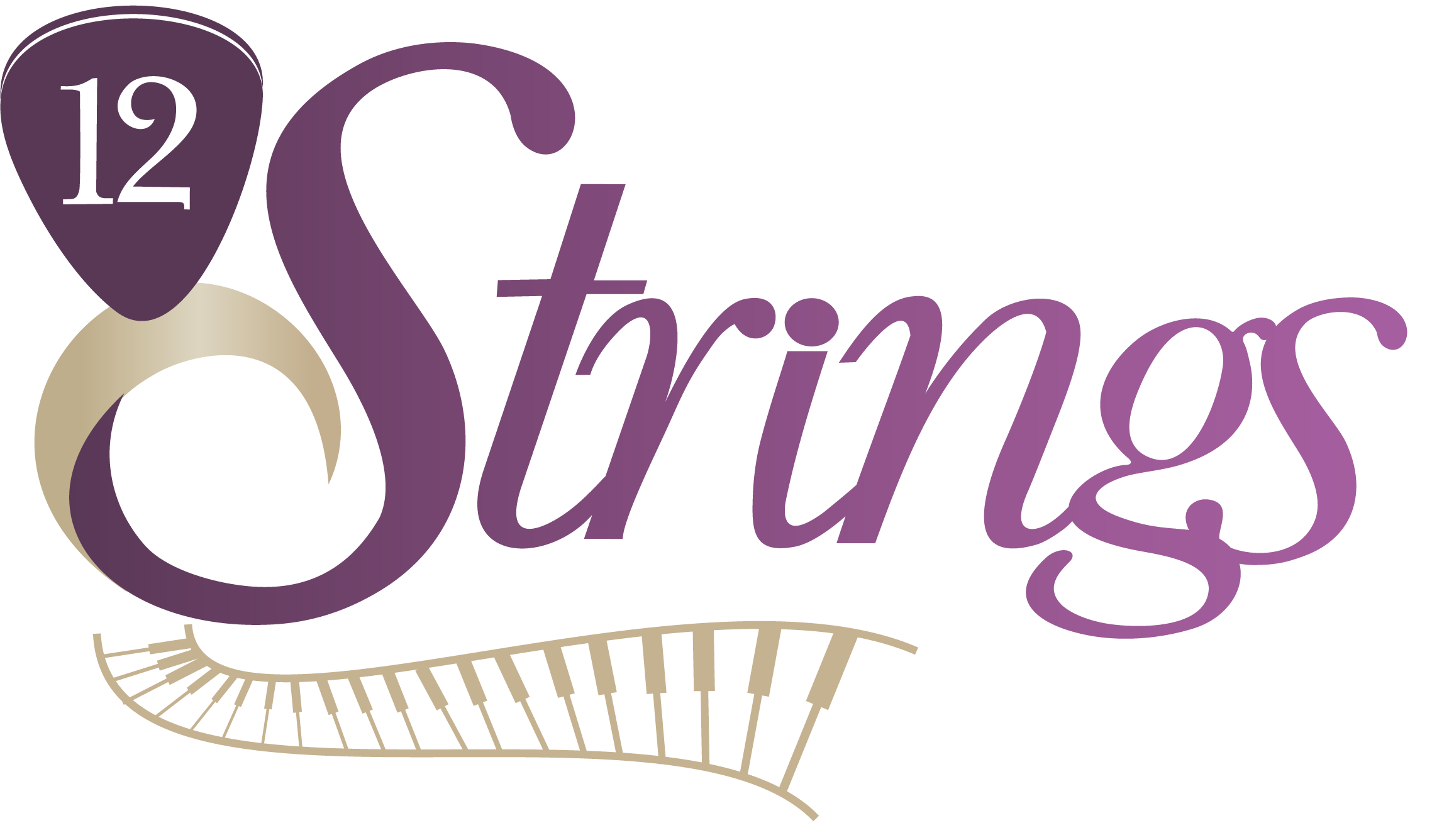Once you are aware of the right movements then it is time to practise them. Most people think that if they run through the correct movement enough then they will perfect the techniques. But the musicians that improve the fastest are the ones who concentrate each time they run through a technique and get it 100% right each time. This generally means that they start off learning the movement at a very slow pace (so slow that they can control all of their movements, even the involuntary ones). Using this method, as they work through the movements they can stop any incorrect tension or action as it starts to occur. This means they get rid of bad habits before they form. This also means that, if they are performing an action that needs the hands to do something unnatural, they are more able to complete the movement because at a slow speed it is much easier to make the hands work in unfamiliar ways.
Once we have all of the right parts behaving in the correct manner we need to be focused on making sure we perform the techniques the correct way each time we perform them. This will train the muscles to remember them and if we do them the same way (the correct way) each time then we will master them a lot faster and miss out on those long hours of fruitless practise. Once we are comfortable and in control of the action we can then move on to try and complete them at a faster tempo.
This is best done with a metronome (a time keeping device – a link for an online version of this can be found on our website under Student Resources). Set the metronome to a tempo at which you are able to perform the technique easily and perfectly. Once you have gone through the movements at this tempo and have performed them correctly three or four times then increase the speed slightly. At the start you may be able to perform the movement well, and you may find yourself doing it at a much faster tempo then you had started off but eventually you will get to the point where you might have to stay at a certain tempo for a while (even a few weeks) until you can comfortably get it right each time. Keep going with this method until you have achieved the desired speed but before you move on to a faster tempo make sure you are executing the movements correctly.
The last thing and another important factor is the question of how much time you should spend practising. And how long you should do it for? For the best results, practise as often as you can sometimes a few times a day. You may think you don’t have time to practice several times a day. But now we will consider how long you should practice for. This varies from person to person but you want to be practising for as long as you can without losing focus on controlling the actions. For some people this is 20 minutes but for the vast majority this is only 1-5 minutes. If you are daydreaming or thinking about something else then you will not be focused on being perfect. If this is the case, stop playing and do something else for a few minutes then return to practising once you are refocused. Many small practice sessions are infinitely better than one or two long sessions.
I have spent years learning, teaching and performing and I have seen some truly great musicians applying these techniques and reaping the benefits of this method. I am sad to say that I have also seen lesser musicians ignore or avoid this method and never progress or, if they do progress, they do so at a much slower rate. Try to run through something that you find difficult now and if you adhere to this method you will see visible results and improvement very quickly.
www.12strings.com.au/piano-lessons
www.12strings.com.au/guitar-lessons
